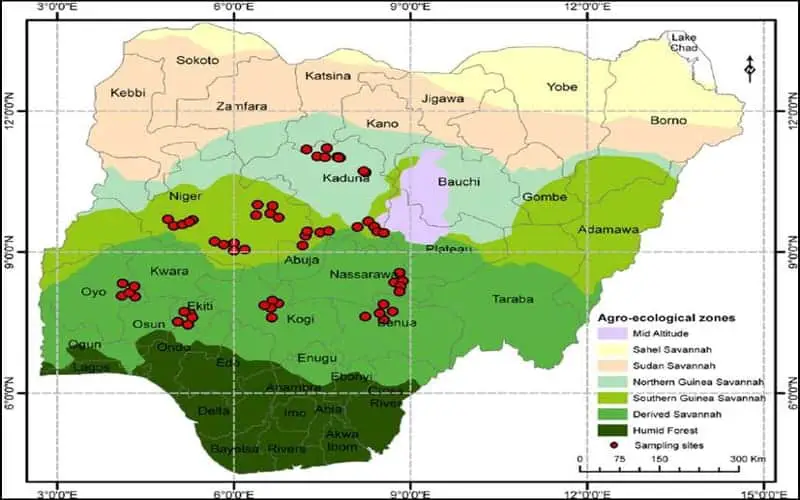Intercommunal Relationship: Its Significance And Conflict management
What is Inter-communal Relationship?
Inter-communal relationship is a relationship existing between two or more distinct communities. They interact in order to contribute to the pleasant and peaceful development of society/community and to bring together members of different communities.

The Importance Of Intercommunal Relationships
1. Existence Of Peace And Unity
A positive inter-communal relationship creates a calm condition and a peaceful environment, as well as the capacity to unify the communities resident.
[irp]
2. Improvement On Security
Positive inter-community interactions are responsible for fostering and maintaining a stable security sense in their respective communities. This will help eliminate the fear of violence and conflict between the participating populations.
3. Encouragement Of Intercommunal And Intertribal Marriage
A good inter-communal connection will encourage tribal marriage by enabling members and concerned citizens to marry from neighboring tribes. This will increase the readiness of communities to give their young men and women in marriage to one another.
4. Advancement Of Political Growth
A positive inter-communal relationship supports many types of political development and ensures that the communities engage in matters pertaining to the political advancement of their respective communities.
5. Advancement Of Economic Development
A responsible and constructive intercommunal relationship will promote a peaceful environment and business tactics such as inter-marketing, interactive and developmental strategies.
[irp]
6. Promotion of government policies and programs
The concerned communities will work with the government since there is unity among members. This will enable the government to achieve its aims for the development of the region or nation.
How To Resolve Inter-communal Conflicts
1. The Legal System
Using the legal procedure, inter-communal issues can be resolved conflicts through the judicial system. Any group that feels defrauded may file a lawsuit in court.
2. Dialogue
The conflicting community members or leaders can meet to determine how to resolve their differences and issues.
3. Mediation
Government can establish a special panel to settle disagreements between groups.
[irp]
4. Local Authority Figures
Leaders of the communities or heads, such as the mayor, Obas, Obis, Emirs, and Chiefs, can mediate communal issues.
5. Peace Maintaining Force
The government can establish specialized peacekeeping forces, such as the army, air force, navy, and mobile police, in order to restore peace in the communities. This will assist in protecting the lives and properties of individuals. It will aid the arrest of perpetrators and criminals.



